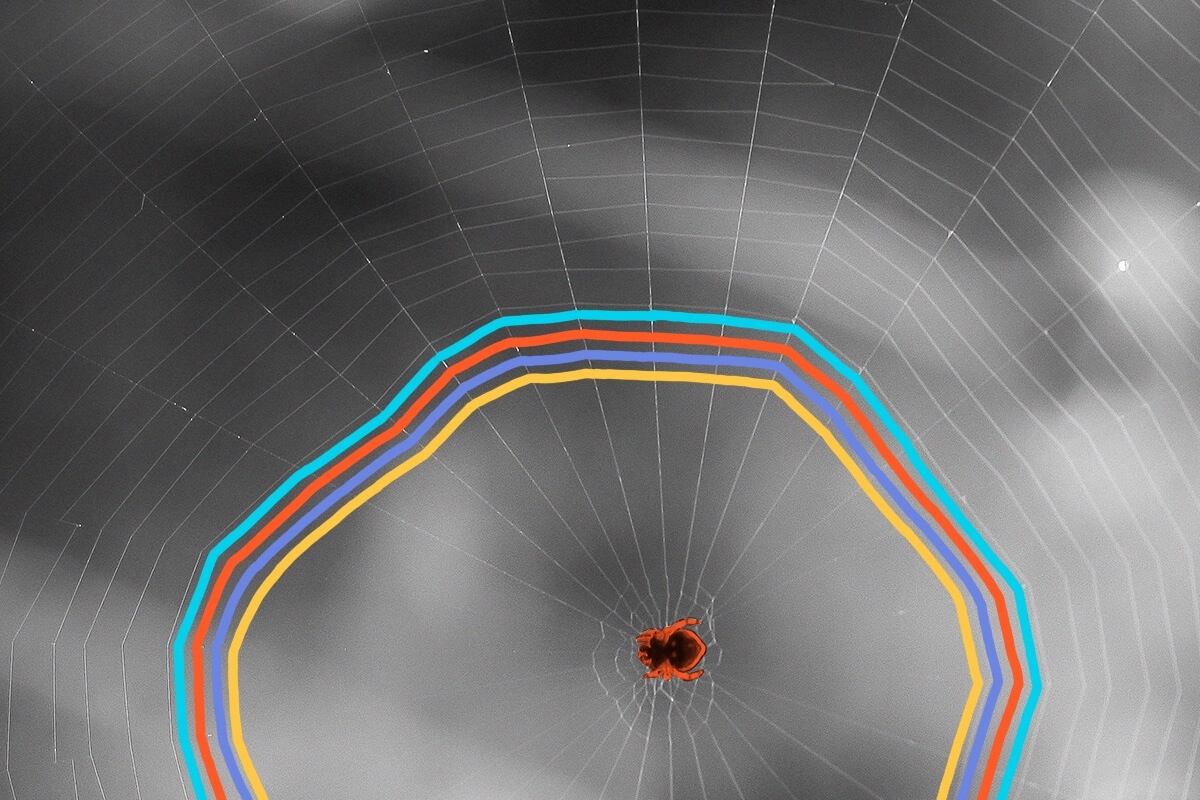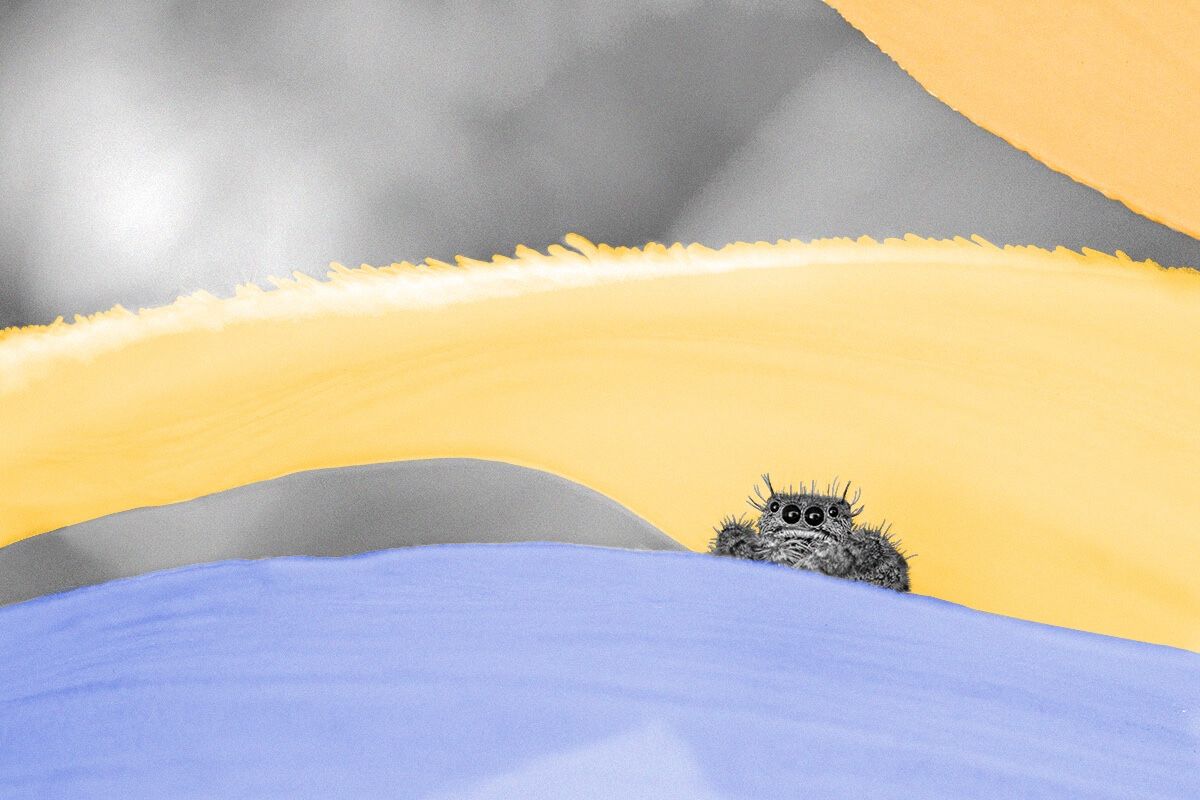
Spider silk is stronger than steel.
Despite being thinner than human hair and lighter than cotton, spider silk is stronger than steel — and it isn’t even close. According to Science magazine, the insect-trapping, egg-protecting material is a full five times stronger than steel of the same diameter. It’s also highly elastic and can hold its strength at extreme temperatures, making it one of the most versatile substances in the world.
Only about half of all spiders spin webs, but all of them produce silk — which is as lucky for us as it is for them, considering how many uses it has. Ancient Greek soldiers used cobwebs to reduce bleeding, and it’s even been used in body armor developed for the U.S. military. So the next time you get scared after seeing a spider, just think: Its silk may one day save a life.
There’s a good chance you’ve heard this common misconception about spiders crawling into your mouth while you snooze, but it’s just that: an urban legend. It simply doesn't make sense on a biological or behavioral level for us or our eight-legged friends, who are highly sensitive to vibrations and therefore not inclined to approach a sleeping (and often snoring) human — especially since it wouldn’t end much better for them than it would for us.

